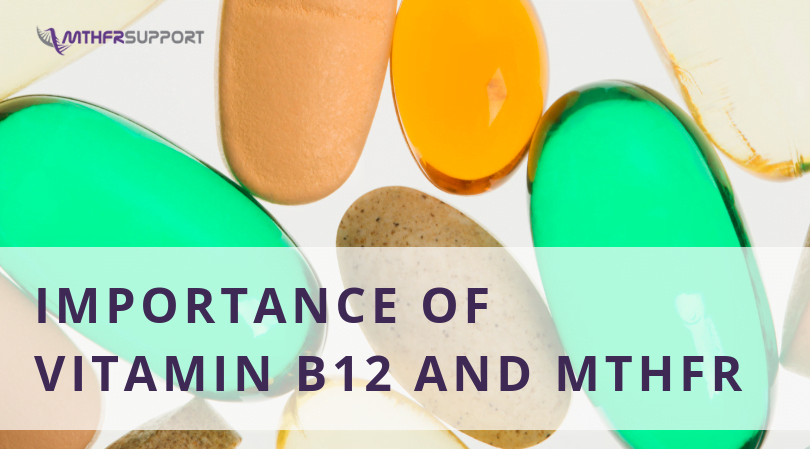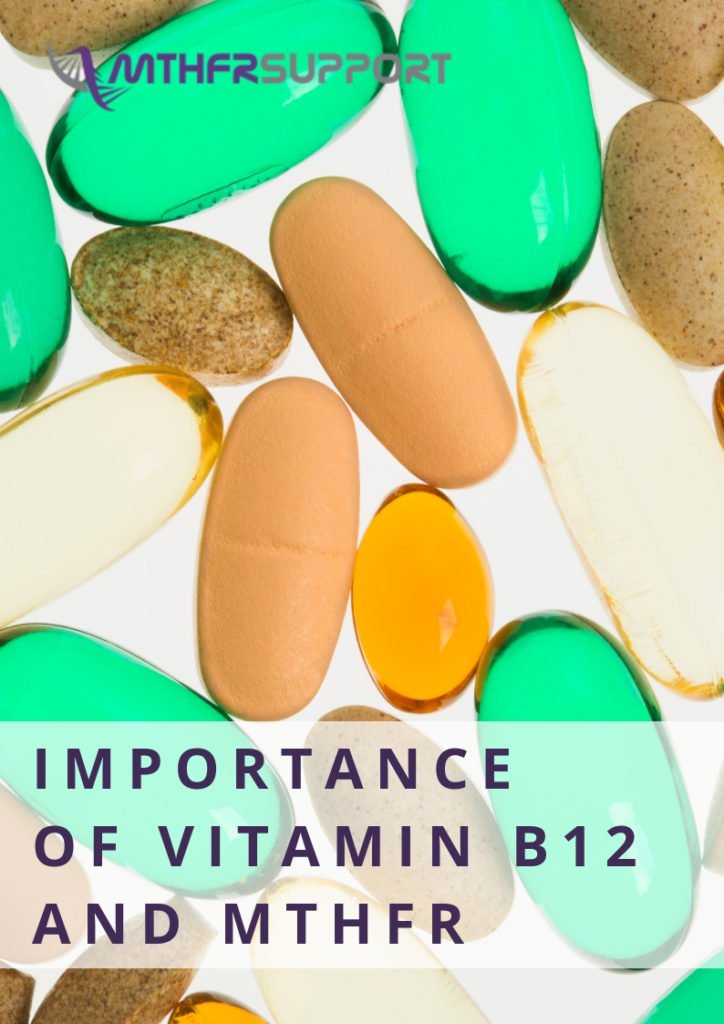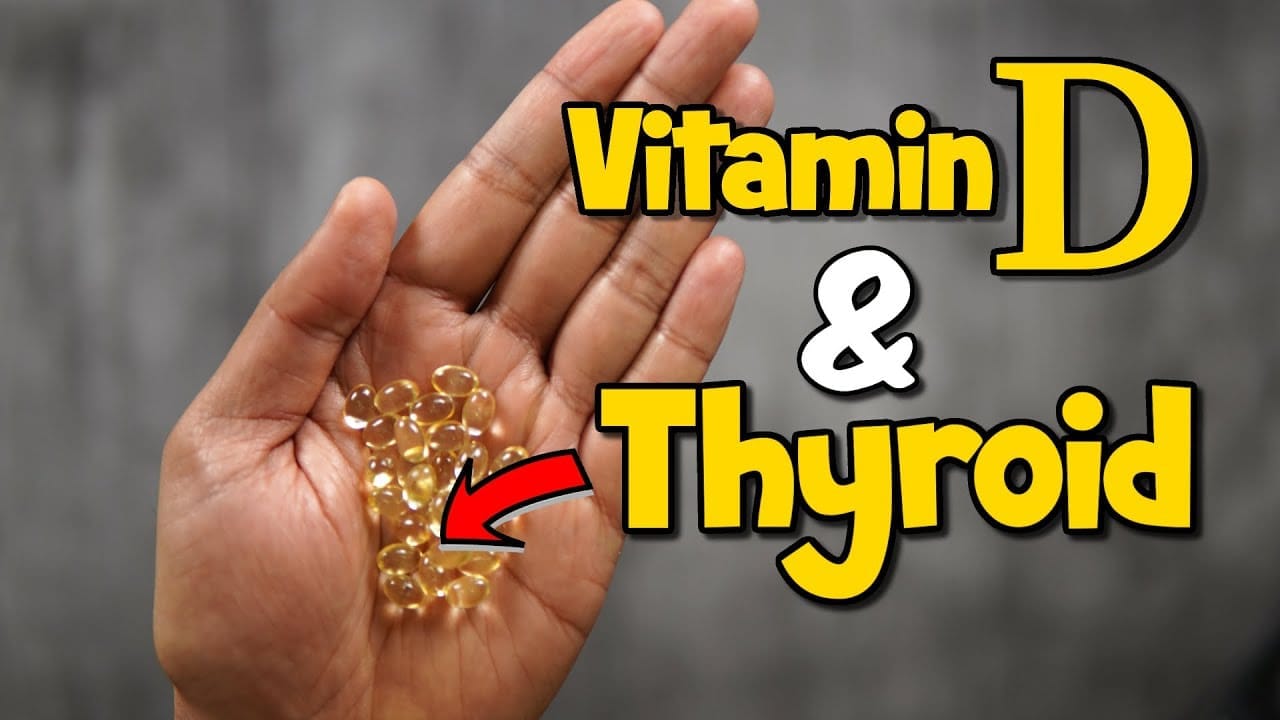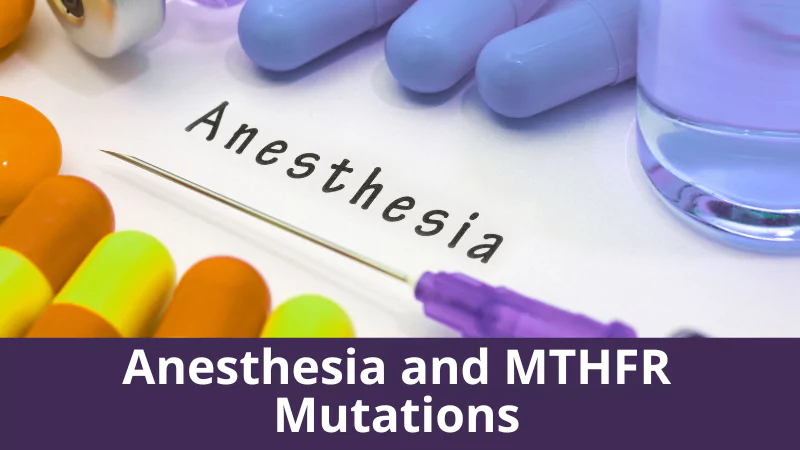
Importance of Vitamin B12 and MTHFR
Many of us are living with MTHFR mutations and are unaware of our MTHFR status, and a small number of us are taking advantage of knowing the MTHFR genes we have. If you do not know what MTHFR is, or would like to learn more about MTHFR, read our introduction to MTHFR here. Certain MTHFR mutations, such as MTHFR C667T or MTHFR A129C, contribute to many health and fertility problems. This article will discuss how MTHFR mutations negatively impact the methylation pathway and vitamin B12 levels, and also offer advice on what you can do to have better health outcomes living with an MTHFR mutation.
What’s the connection between MTHFR and vitamin B12
Folate and vitamin B12 are the most important cofactors working with enzymes in the methylation cycle. The methylation cycles begins with folate. Folate is converted into its active form (5-methyltetrahydrofolate) through the folate cycle, and MTHFR is directly responsible for the creation of folates active form. MTHFR deficiencies lead to a shortage of the active form of folate within the body and negatively impacts the conversion of homocysteine to methionine. Low active folate levels can lead to a build of of homocysteine and lack of methionine in the body and can lead to several health problems (more on high homocysteine levels can be found here).
High homocysteine levels can also be caused by low vitamin B12 levels because vitamin B12 is the cofactor needed by the enzyme responsible for converting homocysteine to methionine. Without adequate vitamin B12 levels a build of homocysteine begins occuring, and can be made even worse in combination with harmful MTHFR mutations. If you are curious to find out if you have MTHFR, we have different MTHFR testing kits available.
Australia – https://mthfrsupport.com.au/product-category/test-kits/
International – https://mthfr-fertility.myshopify.com/collections/lab-tests
What you need to know about vitamin B12 levels and MTHFR mutations
People living with MTHFR mutations commonly have issues with vitamin B12. They often show the symptoms of vitamin B12 deficiency, but when they get tested their vitamin B12 levels are normal. A healthy vitamin B12 level is between 500-800 µmol. You may be asking, why would a person suffer from the symptoms of vitamin B12 deficiency if they have healthy vitamin B12 levels?
The answer involves MTHFR mutations. MTHFR mutations impact the bodies ability to use vitamin B12. This happens because certain MTHFR mutations (C667T and A129C) lower the amount of active folate being produced in the body, and the use of vitamin B12 requires the active form of folate. Vitamin B12 deficiency can be occurring while vitamin B12 levels are at levels not typically associated with deficiency due to the presence of deleterious MTHFR mutations. If you are one of the unlucky people with symptoms of vitamin B12 deficiency and vitamin B12 levels within the normal range, the best things you can do would be to increase your folate intake through supplementation and eating more folate containing foods.
We sell a variety of supplements for folate and Vitamin B deficiencies that can be found here, a guide to folate supplementation can be found here, and you can learn more about what foods are high in folate here.
Symptoms of vitamin B12 deficiency
MTHFR mutations and vitamin B12 deficiencies commonly work together to produce elevated homocysteine levels which can damage the nervous system, leading to cognitive impairment, and increased risk of Alzheimer’s Disease and dementia. Elevated homocysteine levels are also associated with increased risk for cardiovascular issues such as strokes and heart attacks. Symptoms of vitamin B12 deficiency include: fatigue, irritability, anxiety, low energy, depression, forgetfulness, constipation, new food sensitivities, hot and cold flashes, sore muscles, pale skin, numbness, tingling, and dermatitis.
How to overcome B12 issues
There comes a time when it’s time to take health matters into your own hands. What’s the best way to overcome vitamin B12 deficiency and elevated homocysteine levels? There a a few for of vitamin B12 supplements available on the market. We will go over each form of vitamin B12 and tell you how to determine if it’s the right one for you.
Cyanocobalamin
Cyanocobalamin is a form of vitamin B12 derived from cyanide poison, and for this reason should be avoided. Long term supplementation with cyanocobalamin can have systemic toxic effects on the body amd even lead to kidney failure! Another downside of supplementing with cyanocobalamin is that it’s a form of vitamin B12 that requires an extra chemical reaction to occur within the liver until it becomes something your body can use. Making it more difficult to breakdown for those living with MTHFR mutations.
Hydroxocobalamin
Hydroxocobalamin is more bioavailable than cyanocobalamin and does not require extra reactions occuring in the liver before the body can use it. For this reason, hydroxocobalamin is recommended for people with MTHFR mutations, known methylation issues, and is the best supplement for anyone living with low blood pressure. Hydroxocobalamin should be taken as a preventative measure against complications that arise from vitamin b12 deficiencies, high homocysteine levels, and methylation issues.
Methylcobalamin
Methylcobalamin is another form of vitamin B12 that does not require extra processing in the liver, making it a great alternative to taking cyanocobalamin. Methylcobalamin is often taken to improve cardiovascular problems, cognitive impairments, behavioral issues associated with autism, and circadian rhythm disturbances.
Adenosylcobalamin
Adenosylcobalamin is great to take alongside methylcobalamin to obtain the full spectrum of benefits that can be derived from vitamin B12 supplementation. Adenosylcobalamin is the form of vitamin B12 associated most closely with improving energy levels in people who are deficient in vitamin B12.
Here are your best options for solving your B12 issues
Vitamin B12 deficiencies are fairly common, and now you have learned more about how to fix vitamin B12 deficiencies. If you are living with an MTHFR mutation, are vegetarian/vegan, or are susceptible to vitamin B12 deficiency for other reasons, you now have more tools in your tool box for understanding and dealing with vitamin B12 deficiencies. If you have troubles solving your vitamin B12 deficiency on your own, the next best step is to take what you have learned/tried to your doctor and work with them to solve your health issues associated with vitamin B12 deficiency.
However , before you go and see your doctor, it’s important to start supplementing with vitamin B12 and other B vitamins right away if you suspect you are deficient.
If you are looking for a more in-depth and personalized approach to MTHFR, vitamin B12 deficiency, or fertility issues than check out our patient resource center.









